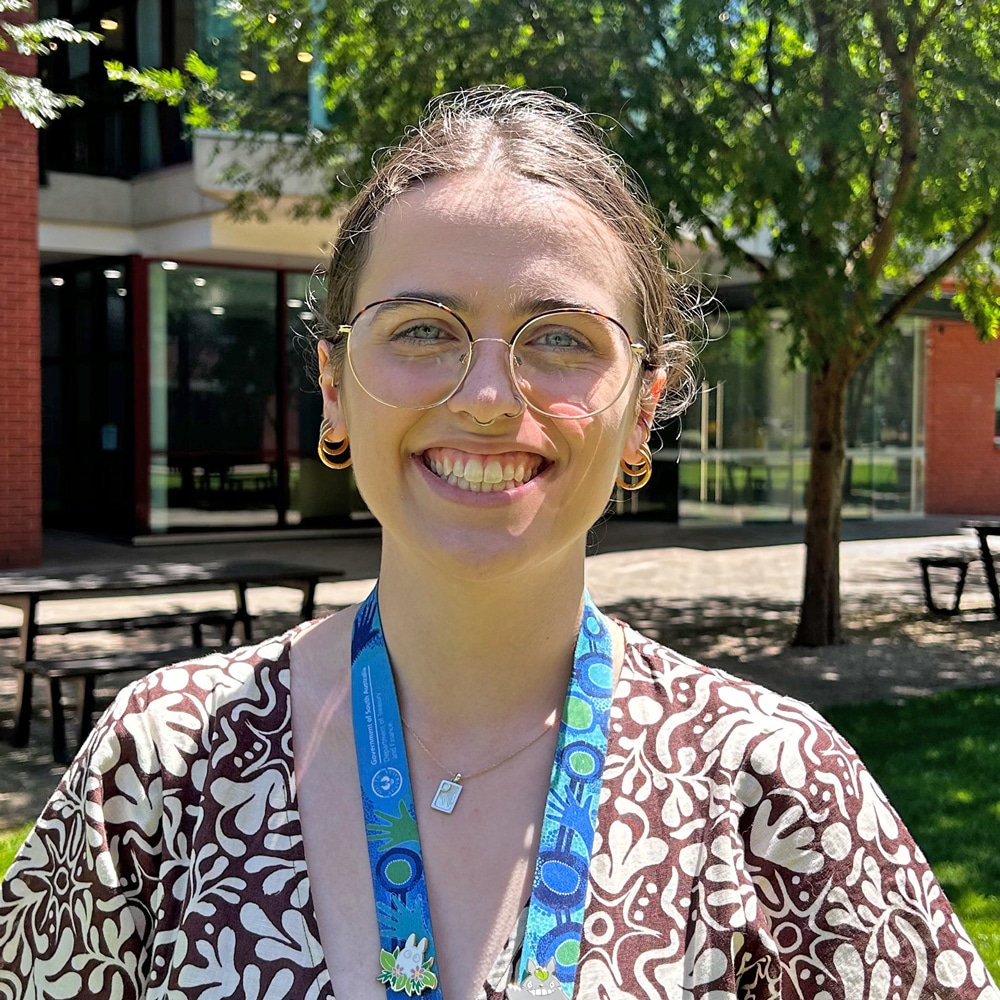Ms Megan Monaghan is an MS researcher at The University of Adelaide.
Ms Monaghan was inspired to get involved in MS research through a love for the immune system and understanding how it works.
Ms Monaghan enjoys the environment of working in a lab because every day is so different and she has the opportunity to learn so many new skills and apply them in her work.
